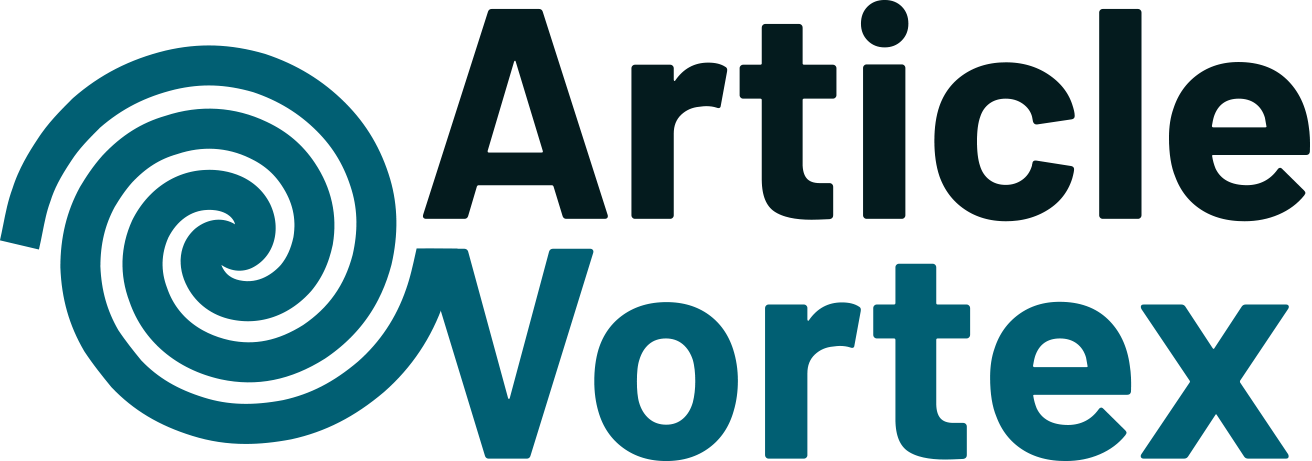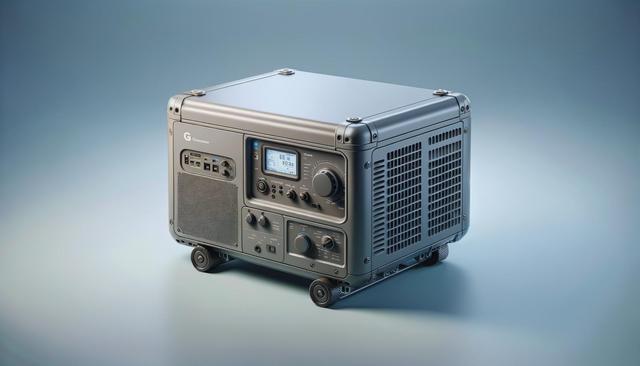The Role of a Home Backup Generator
A home backup generator is designed to supply electricity to your home when the main power grid fails. These systems are especially valuable in areas that experience frequent storms, rolling blackouts, or other disruptions. Unlike portable generators, which require manual setup and fueling, home backup generators are typically connected directly to your electrical system and start automatically when a power outage is detected. This seamless transition ensures that essential appliances and systems, such as refrigerators, HVAC units, and medical devices, continue to operate without interruption.
Having a backup power solution is not just about convenience; it’s also a matter of safety and security. During extreme weather conditions, maintaining power can be crucial for heating, cooling, and communication. Additionally, a functioning generator can help prevent damage to your property, such as frozen pipes in winter or spoiled food in summer.
Key Features to Consider
Choosing the right home backup generator involves understanding the various features that can affect performance, efficiency, and cost. Here are some important aspects to consider:
- Power Capacity: Generators are rated by the amount of electricity they can produce, typically measured in kilowatts (kW). You’ll need to calculate your household’s energy needs to determine the appropriate size.
- Fuel Source: Most home backup generators run on natural gas, propane, or diesel. Each has its pros and cons regarding availability, cost, and maintenance.
- Automatic Transfer Switch: This component detects power outages and activates the generator without any manual intervention.
- Noise Level: Some models operate more quietly than others, which can be a consideration depending on your neighborhood’s noise regulations.
- Maintenance Requirements: Look into how often the generator needs servicing and whether it has features like self-diagnostics to simplify upkeep.
Understanding these features can help homeowners make informed decisions that align with their specific needs and environment.
Installation and Costs
Installing a home backup generator is a significant investment and should be handled by a licensed professional. The process involves connecting the generator to your home’s electrical panel and fuel supply, which may require permits and inspections. The installation cost varies depending on the generator’s size, fuel type, and the complexity of the installation site. Typically, costs include:
- Generator unit purchase
- Labor and installation materials
- Transfer switch installation
- Possible upgrades to the electrical panel or fuel line
In addition to the initial setup, homeowners should also budget for ongoing maintenance and potential fuel costs. While the upfront expense may seem high, the long-term value of protecting your home and maintaining normalcy during outages can outweigh the investment.
Maintenance and Operation
To ensure optimal performance, regular maintenance is essential for your home backup generator. Manufacturers often recommend servicing the unit at least once a year or after a certain number of operating hours. Common maintenance tasks include:
- Changing the oil and filters
- Inspecting spark plugs and battery connections
- Testing the automatic transfer switch
- Running the unit periodically to ensure functionality
Some newer models come equipped with remote monitoring systems that alert homeowners to potential issues, making it easier to keep the generator in good condition. Also, always follow the manufacturer’s guidelines and consult qualified technicians for service to avoid voiding warranties or causing damage.
Proper usage also involves understanding the generator’s load capacity and not overloading it during operation. Distributing power to essential circuits rather than the entire home can help manage energy use efficiently.
Benefits Beyond Emergencies
While the primary purpose of a home backup generator is to provide power during outages, it also offers other advantages. For instance, it can increase property value and appeal to potential buyers who prioritize energy security. In regions prone to natural disasters, having a generator can even lower insurance premiums, as it reduces the risk of damage from power loss.
Additionally, backup generators can be a valuable tool for those who work from home or rely on electrically powered medical equipment. Ensuring constant power availability helps reduce disruptions and supports a safer and more productive living environment. Some generators also integrate with home automation systems, allowing users to manage and monitor energy usage more effectively.
Overall, these added benefits make a home backup generator a practical and forward-thinking addition to any residence.
Conclusion
For homeowners seeking reliability and continuity during power outages, a home backup generator represents a thoughtful and valuable solution. By understanding the features, installation process, and maintenance requirements, individuals can choose a system that fits their needs and lifestyle. While the initial investment may be notable, the peace of mind and functional benefits offered by a reliable power backup system make it a worthwhile consideration for many households.












